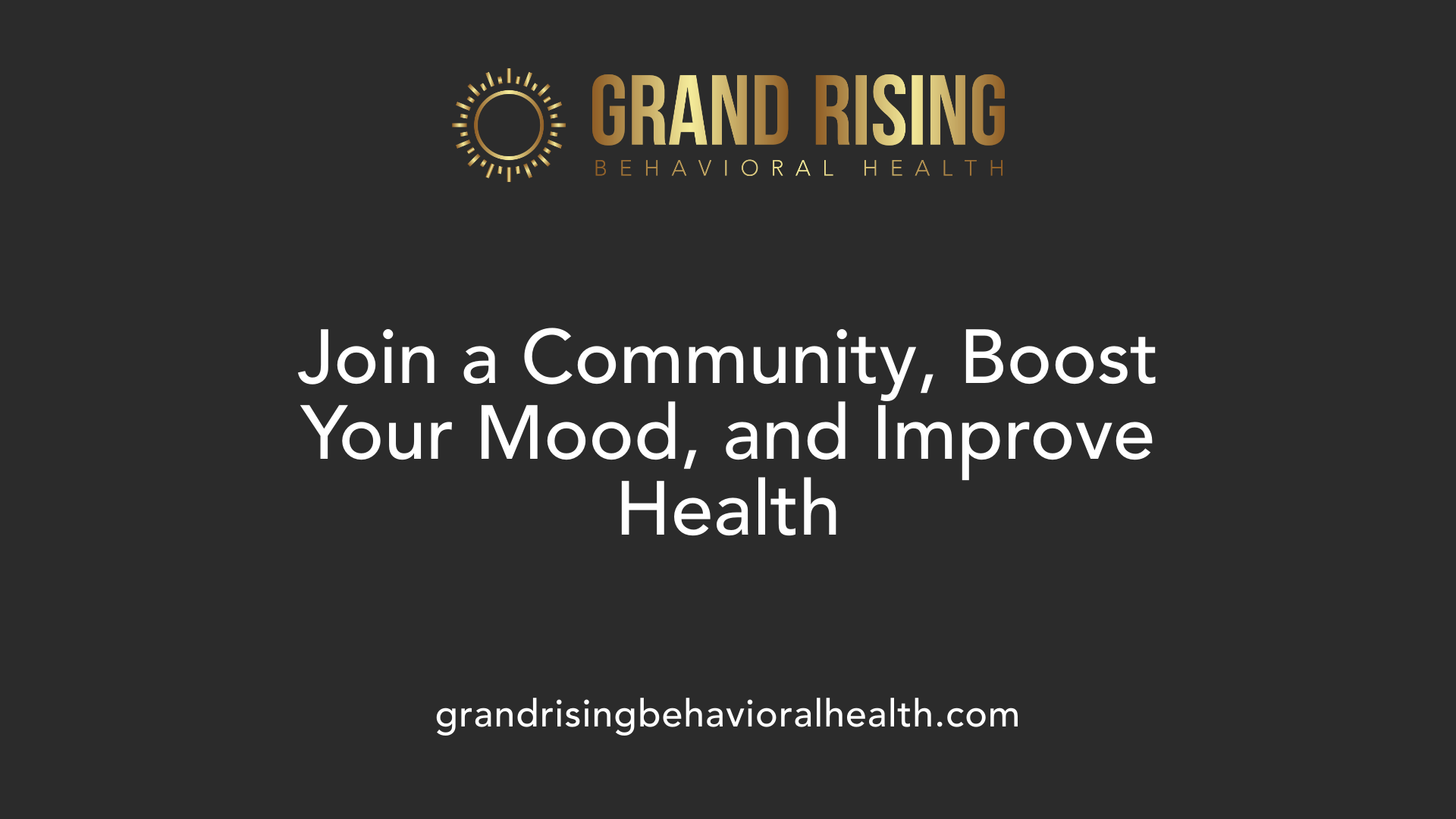The Role of Healthy Hobbies in Behavioral Wellness
Unlocking Wellness: How Engaging Hobbies Shape a Healthier Mind and Body

Introduction to Hobbies and Behavioral Wellness
In our fast-paced world, maintaining behavioral wellness is more vital than ever. Emerging research underscores the power of healthy hobbies in fostering mental, emotional, and physical well-being across all ages. From reducing stress hormones to building social bonds, engaging in leisure activities offers profound benefits, making hobbies a cornerstone of holistic health strategies.
The Psychological and Physiological Benefits of Hobbies

Why are hobbies important for mental health?
Hobbies play a crucial role in supporting mental health by offering opportunities for social engagement and personal fulfillment. They help combat loneliness and social isolation, which are associated with increased health risks. Creative pursuits like arts and crafts, as well as physical activities such as gardening or sports, unlock feelings of happiness and reduce symptoms of depression. In addition, hobbies can lower stress hormones like cortisol, bolster emotional resilience, and enhance brain health through continuous learning and mental stimulation.
Especially for older adults, engaging in hobbies that involve outdoor activities or community groups boosts mood, motivation, and social bonds. These activities promote overall well-being by providing meaningful engagement that nurtures both mental and physical health. In summary, hobbies foster social connections, encourage physical activity, and create fulfilling routines that support overall well-being at every life stage.
How do hobbies improve mental health and emotional well-being?
Participation in hobbies significantly elevates mental health and emotional stability by encouraging relaxation and distraction from daily stressors. Activities such as art, music, and physical pursuits release endorphins and other chemicals that foster positive feelings. Creating art or engaging in group sports can increase feelings of accomplishment and help manage anxiety and depression.
Hobbies also foster self-expression, boost self-esteem, and create opportunities for social interaction, reducing loneliness. They promote cognitive stimulation, helping to maintain brain function and mental agility as individuals age. Moreover, hobbies support mindfulness and help divert negative thoughts, fostering a sense of flourishing and life satisfaction. Overall, hobbies serve as vital tools in maintaining emotional resilience and overall mental wellness.
What is the role of physical activity and healthy habits in mental health?
Physical activity is integral to mental health improvement due to its influence on brain chemistry. Regular exercise increases serotonin, endorphins, and other mood-enhancing chemicals that alleviate symptoms of depression and anxiety. Besides mood regulation, physical activity improves sleep quality, energy levels, and self-esteem.
Engaging in enjoyable activities like walking, dancing, or gardening not only boosts mental health but also provides social opportunities, further reinforcing positive emotional states. Healthy habits such as balanced nutrition, adequate sleep, and stress management work synergistically with physical activity to create a resilient mental state. Collectively, a consistent routine of physical activity and healthy living supports mental well-being and reduces the risk of mental illnesses.
What cognitive or educational benefits do hobbies provide?
Hobbies that challenge the mind bring numerous cognitive benefits, including improved memory, problem-solving skills, and mental speed. Activities like puzzles, reading, or learning new languages help strengthen neural pathways and sustain cognitive health, especially in older age.
Creative hobbies—such as writing or cooking—enhance self-expression and life satisfaction, contributing to positive mental states. Physical hobbies like dance and yoga not only improve body health but also reduce stress and help prevent mood disorders. Overall, engaging in stimulating hobbies fosters mental resilience, promotes continuous personal growth, and supports a healthy, active brain.
Why are hobbies important for social connection and youth mental health?
Hobbies serve as vital avenues for young people to build social connections, improve communication skills, and develop resilience. Group hobbies such as team sports, volunteering, or music groups facilitate social bonding, evoke positive emotions, and reduce feelings of loneliness.
By participating in shared activities, youth can experience a sense of belonging and achievement, which buffers against stress and anxiety. Engaging in hobbies also cultivates self-esteem and resilience, laying a foundation for healthy psychological development. Overall, hobbies help youth manage psychological stressors and foster a sense of community and purpose, essential for their mental health.
How do hobbies contribute to stress reduction and emotional resilience?
Hobbies serve as effective stress-relief outlets by offering enjoyable, distracting, and fulfilling activities. Creative pursuits like painting or playing music induce relaxation and mindfulness, lowering cortisol levels and calming the mind.
Physical hobbies such as gardening, walking, or dancing promote physical well-being, which further alleviates stress symptoms. Group hobbies enhance social support networks, strengthening emotional resilience and reducing anxiety and depression. These activities also provide a sense of mastery and purpose, boosting self-esteem and motivation.
Engaging regularly in hobbies creates a positive cycle of increased well-being and resilience, enabling individuals to cope more effectively with life's challenges and stresses.
Embracing Hobbies for Lifelong Well-being
Incorporating hobbies into daily routines is a powerful strategy to enhance behavioral wellness. These activities not only foster mental and physical health but also create opportunities for social connection, personal growth, and stress relief. As research continues to highlight their benefits, it’s clear that adopting a variety of hobbies can serve as an effective, accessible way to promote resilience, happiness, and overall quality of life at every stage of life.
References
- Having a hobby tied to happiness and well-being - Harvard Health
- How Hobbies Improve Mental Health - Utah State University Extension
- 3 proven health benefits of having a hobby | UCLA Health
- Association of Enjoyable Leisure Activities With Psychological and ...
- How hobbies can improve mental health and overall well-being
- 4 ways hobbies can boost your health - Kaiser Permanente
- How Do Hobbies Help Mental Health? - NCESD
- 6 Health Benefits of Having Hobbies & Leisure Activities - LifeLoop
- Health Benefits of Hobbies - WebMD
- The power of hobbies and improving well-being - The Southeast Arrow
More Resources
A team ready to start your journey.
Get in touch — today.
We are a safe space – a haven for exceptional individuals to receive discreet, personalized, in-person treatment and care.
.avif)










